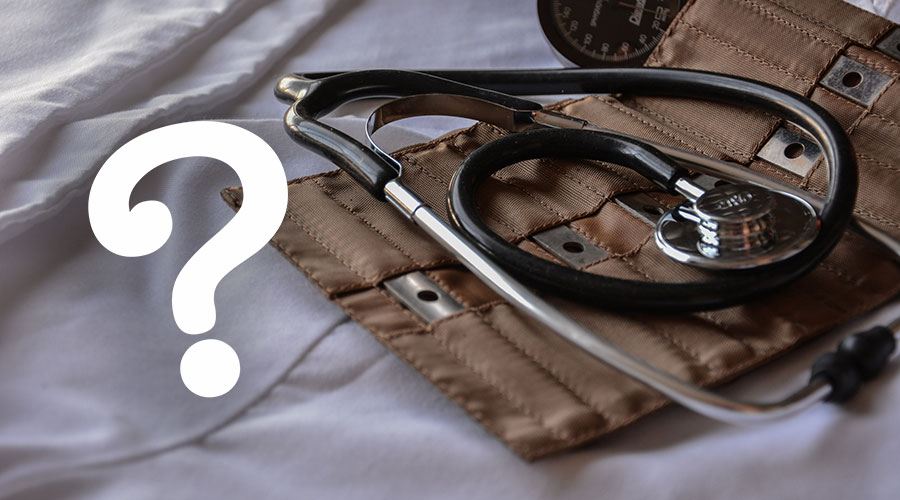
The WHO definition of health is:
‘Health is a state of complete physical, mental and social well-being and not merely the absence of disease or infirmity"
Medicine in the 21st century has become so specialised that we apply a truly reductionist model to the body segregating each system into separate stand-alone parts. General practitioners must assimilate information about more and more ‘new’ illnesses.
Conventional medicine could be said to hold a false dichotomy between reductionism and holism that looks something like this:
Reductionism
Knowing more and more about less and less until you know everything about nothing (the Hospital Super Specialist)
Whilst
Holism
Knowing less and less about more and more until you know nothing about everything (your GP)
Disclaimer: This is tongue in cheek – don’t forget I am a GP!
Mostly, we categorise ill health into symptoms, not causes and provide treatment - usually a prescription for a medication to help with those symptoms. Now sometimes, that is absolutely the right thing to do:
An anti-biotic for a severe bacterial infection to prevent sepsis
An antihypertensive to reduce the burden of raised blood pressure and help protect the heart and the brain by reducing the risk of a heart attack or stroke
An analgesic to help us manage the pain of a healing fracture and so on and so on….
But sometimes the medication does not ‘fix us’. We are not better, and our health issues spiral seemingly out of control. We might have blood tests and investigations and be told they are all ‘normal’ and yet we know that we just don’t feel right. This can feel very scary and very lonely.
Does the above sound familiar to you?
Since I started in Medicine 27 years ago the number of diseases listed in the International Classification of Disease (which is updated and added to annually) has increased significantly. Of course, Covid -19 had to be added in all its different variants and generalised anxiety disorders seem to be top of the leaderboard currently in countries like the UK and the USA.
So what happened to us?
Reflecting on my time in medicine and starting in General Practice, I belonged to an era where General practice was a vocation, and it was your job from hiring to retiring to look after patients in your neighbourhood. You were the ‘Family Doctor’. I have been so fortunate that I was part of that era: having the privilege of looking after multiple generations of the same family and knowing how that family dynamic worked and what were their specific vulnerabilities. People went for a walk without counting the steps. Knocked on a neighbour's door for a cuppa and didn’t get upset if they weren’t in. Ate food they could still recognise and made meals with standard kitchen cupboard ingredients - sometimes the veg still had dirt on it! You had a job you left the house for and an extended family to help look after the kids. You sent messages via letter (or telegram or Fax if it was urgent) and waited for a reply. Money might have been tight, but you could afford to live you could maybe thrive.
The digital age brought with it so many advantages but at a price….
We have to be ‘efficient’, ‘resilient’, constantly available, liked, happy, and have the ‘perfect’ life. Look a certain way.
We have to acquire ‘stuff’ Stuff will make us happy (apparently)
Convenience for everything: be available all the time. Work from home, never leave home/never leave work. Have ‘stuff’ delivered. Outsource yourself thanks Twitter/Facebook/TikTok - I now have multiple likes – I have so many ‘friends’, I am an ‘influencer’. That food in the fridge has been there for weeks – what it's still good? What is it? I don’t recognise it, but it tastes delicious. Have some more? Don’t mind if I do.
This is a global community, and yet I don’t know my neighbours. I don’t know myself. I have so little time, and yet my screen time was up this week. My phone, always my phone….
Disease happens when we don’t pay attention. If we always say yes to everyone else and everything else, we are essentially saying no to ourselves. If we are not sleeping, not able to switch off, not feeding our body with nutrients, not connecting with nature not reaching out to our real friends and family, and not tuning in to our true self, the mind and the body will let us know. It's called a symptom. Ignore a symptom long enough that it becomes a disease.
Health starts with the self. It starts with investing in yourself. It begins with personal responsibility. Its starts with change.
Are you ready to change?
References
1: https://www.who.int/about/governance/constitution
2: Quote knowing less and less...multiple authors cited inc Nicholas Butler
3: https://www.who.int/standards/classifications/classification-of-diseases
From Our Blog
Disclaimer: A private GP service is not a substitute or replacement for times when people need immediate or emergency care. Please use the appropriate care provider service (GP/111 in hours or 111/walk-in centre for out-of-hours minor/non-life threatening conditions or 999/AE if a serious accident or life-threatening emergency e.g. chest pain/severe difficulty in breathing, heavy bleeding).


